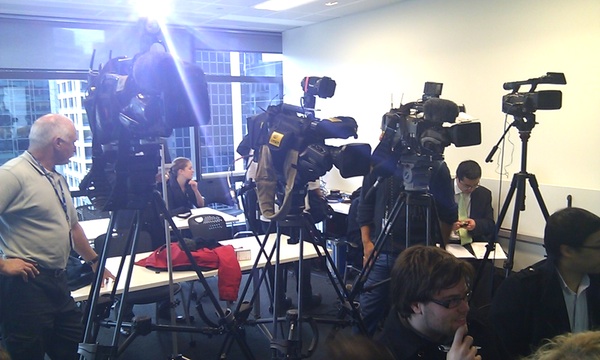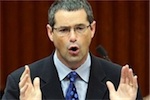A weekly summary of what I’ve been doing elsewhere on the internets. I didn’t intend for this to be my only post this week, but that’s how it turns out sometimes.
Articles
- Filter delay: backtracking or backburning? for ABC Unleashed, my summary and commentary on yesterday’s announcement by Senator Stephen Conroy of the Outcome of consultations on transparency and accountability for ISP filtering and a review of the Refused Classification category.
Podcasts
- Patch Monday episode 47 in which I chat with Greens Senator Scott Ludlam about the Senate inquiry into the adequacy of protections for the privacy of Australians online, and to Gunther Bloemen from Verizon Business on the European Directive on Data Retention. The latter is being discussed as a potential model for Australia.
- I recorded an interview for an episode of A Series of Tubes but it hasn’t emerged yet.
Media Appearances
- The Future of News Reporting, a webcast panel discussion for Viocorp along with Gaven Morris, Head of Continuous News, ABC; Eric Beecher, publisher of Crikey; Mark Hollands, Chief Executive of PANPA; and Sam North, Media Director at Ogilvy Public Relations; and moderator Mark Jones. You can watch the one-hour webcast on demand, free registration required.
- Internet filter postponed for more review, a story on ABC TV’s Lateline, 9 July 2010. I have a brief appearance in this news story as a “technology blogger”. I’m always amused at the variation in how I’m billed. The MP4 video of this individual story will be available for around a week.
[Photo: “Waiting for Conroy“, taken at Senator Stephen Conroy’s ministerial media conference at the offices of NBN Co Ltd, North Sydney, 8 July 2010.]




